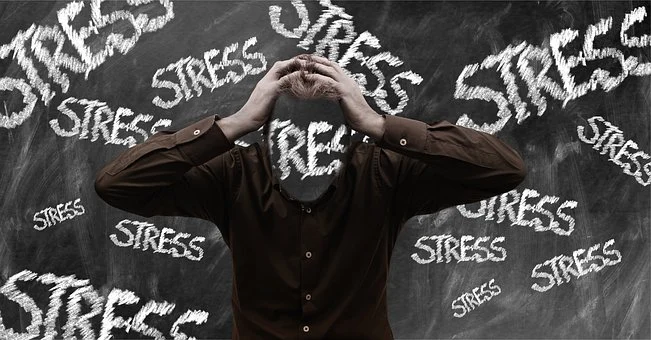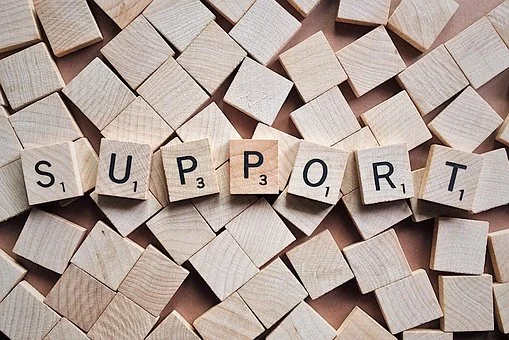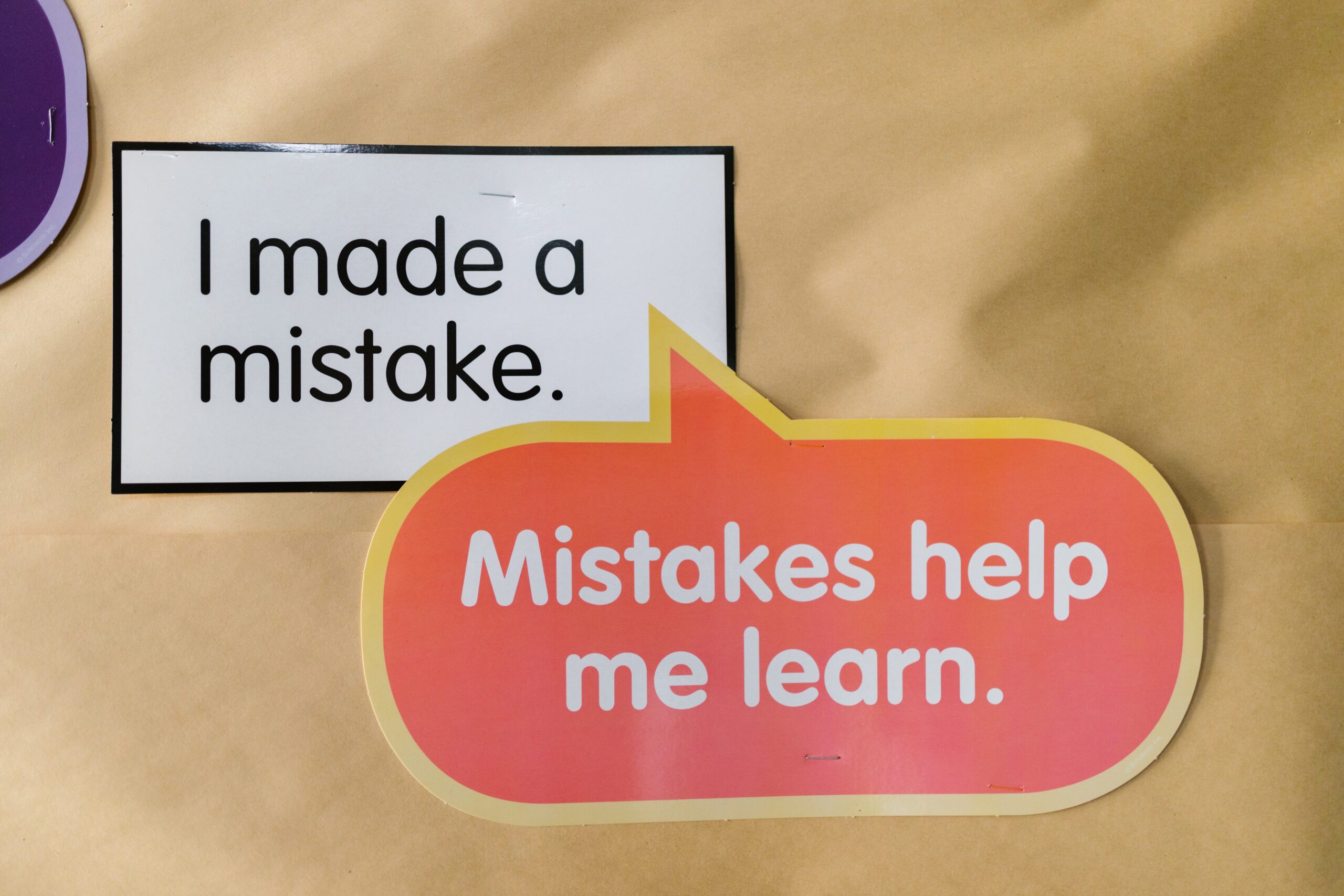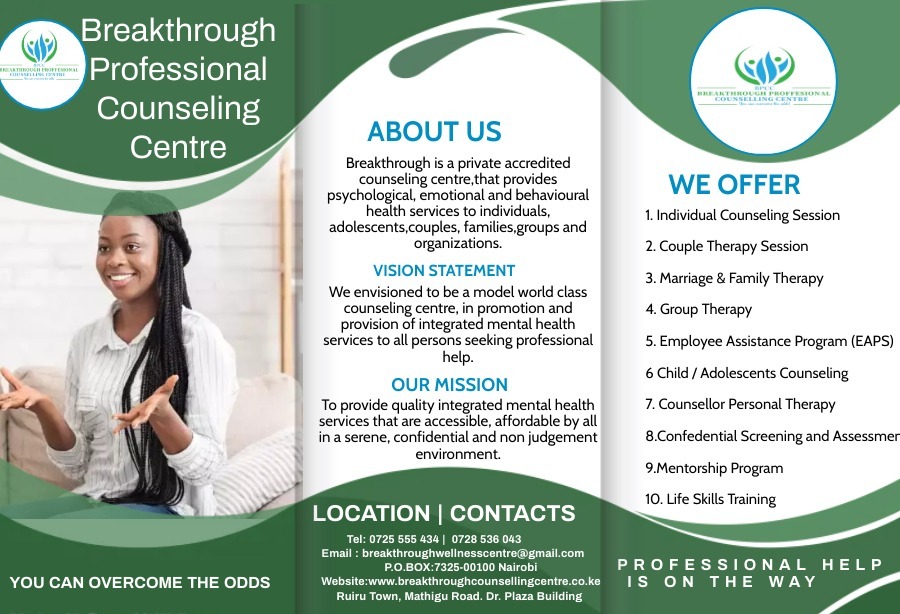10 Helpful Ways of Dealing With Loss of a Loved One.
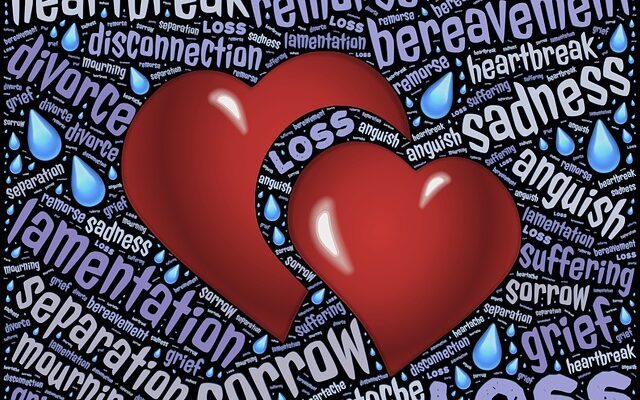
All You Need to Know, About Loss and Grief. Losing a loved one either a friend or a family member is shocking and overwhelming enduring painful. The painful fact is that it is a fateful event that can occur to anyone.
The challenge comes in because you need to accept the reality and not necessarily become contented with the situation. To get over this fateful event, you need to allow yourself to start the healing process.
One thing you need to know is that healing after grieving is a gradual process of recovering from the event. Please it is good to be aware that, you cannot speed this process up and so you should not be in a hurry to get over the grief.
Loss and death are inevitable and therefore, you need to gather courage and deal with the pain and emptiness that comes with death. Grieving is, therefore, a very important step that allows us to detach ourselves from the loss.
Grief is a normal and natural reaction to any kind of loss including status, job, relationship, death and property among other things. Therefore, if you are grieving it is because you have lost a loved you dearly loved or even someone who meant the world to you.
This is not easy but you can have some comfort knowing that you are not alone. It is important to note that people grief differently and people react differently to loss.
There are people who experience numbness and shock while others experience panic, fear and resentment. In case you feel any or none of these emotions, it is still okay.
Loss through death is an event that is painful and it drains people both emotionally and physically. It can even get harder when your family and friends do not seem to understand what is happening to you.
Grieving is a natural way towards healing and therefore, experiencing it is normal. Some of these sensations may include disinterest in life, guilt, pain, crying, and emptiness.
You may also experience confusing feelings in regard to the relationship you shared with the deceased. There is, therefore, no universal formula for grief.
Delayed grief can be a progressive issue in case it is not addressed professionally and in a timely fashion. Grief can also affect your general well-being including your spiritual, emotional, mental and physical wellbeing.
It is, therefore, very critical to reach out for help outside your family system. You can seek counselling services in case depression sets in after grief gets complicated. Note that when grieving you can scream, cry, talk, and mourn. All these reactions are okay as long as they help you feel better.
Common grieving stages that people go through by Kubler Ross:
1. Denial
This is automatic and natural response to loss which is psychological defense, brought by disbelief and shock of sad news.
2. Anger
Anger after a loss can be unpredictable and messy. At times, it can be violent and loud. During grief, there are lots of people to get angry at. It can be the person who died. Why didn’t they get help? Why couldn’t they take good care of themselves? Why couldn’t they fight harder?
We can also get angry at the medical community. Why couldn’t they notice a problem earlier before? Couldn’t the paramedics arrive sooner? Why is that the cure for this condition is yet unknown?
Additionally, you can be angry at God. Why did you take them from me? Why did you leave these children without parents? Why is the parent left without a child? Why not some else and why now?
The list can be long because we also get angry at the family for leaving the deceased alone or not taking the deceased to the doctors early enough. When dealing with death, we feel that something better could have been done.
Anger comes because of the pain caused by death. Embrace the anger and accept it. It is okay to get angry then, find a way to channel that anger into a positive course.
3.Depression
A lot of people get stuck in this stage of grief and many do not realize it. It comes as a result of isolating yourself and not engaging in activities that can relieve you the pain.
If you do not get help after going through loss or if you do not resolve the earlier stages of grief, you can get into depression. There are people who never leave this stage and this is why professional therapy is important.
4.Bargaining
This stage involves confusion. It makes you look for ways and means to reason or argue your way out of the loss or pain. To avoid further problems, like any other phase of grief, you need to work your way through it.
5.Acceptance
This is the resolution that everyone who is grieving needs. When you get here, you have already dealt with denial and other stages of grief.
The stage allows you to accept the reality and it becomes the first step of healing. With this stage, you manage to find ways to move on to new relationships and love. 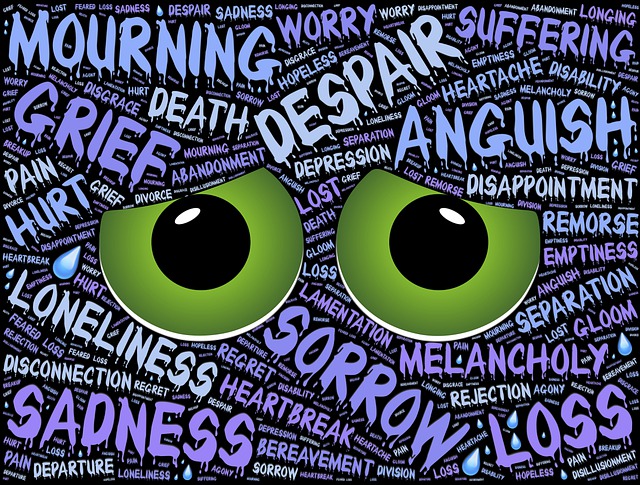
BELOW ARE SOME OF HELPFUL WAYS TO HELP YOU THROUGH GRIEVING PROCESS.
1. Allow yourself to experience emotions of emptiness
2. Do not stay alone or isolate yourself. Allow others to be there for you and ask for help whenever you need it. If it is possible join a support group for people who have gone through loss. It helps a lot to know that there are people who have gone through loss and recovered from it.
3. Encourage yourself that it will pass
4. Seek professional help from a trained counsellor who specializes in loss and grief
5. Forgive yourself
6. Address unresolved issues or conflicts
7. Make sure that you are keeping well and know that what you are undergoing is short term. Bear in mind that you are in a healing process.
8. Try to maintain your daily routine-
9. Talk about the deceased, be aware of your feelings and how much the deceased loved you 10. Carry on their legacy Declare I love you, dealing with the loss of a loved one can be hard especially if it is someone who meant the world to you.
Final Thought
Seeking professional help will do you a lot of good and guide you to recovery. You can be productive again because this too will pass.
About Author
Samuel Mburu, He is the lead therapist at Breakthrough. Samuel specializes in helping people battling with Addiction, Troublesome thoughts/Behaviours, Trauma, Loss & grief counselling.
